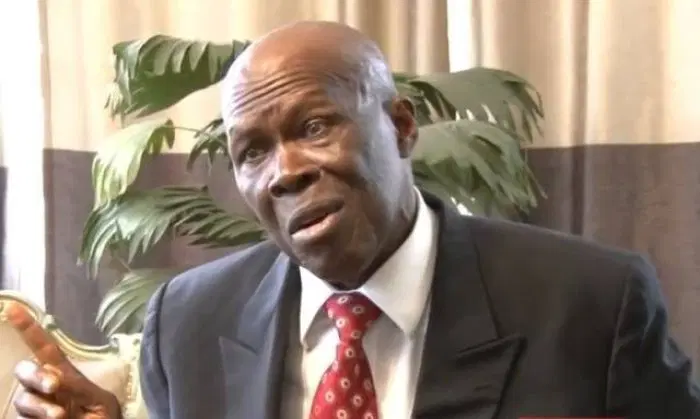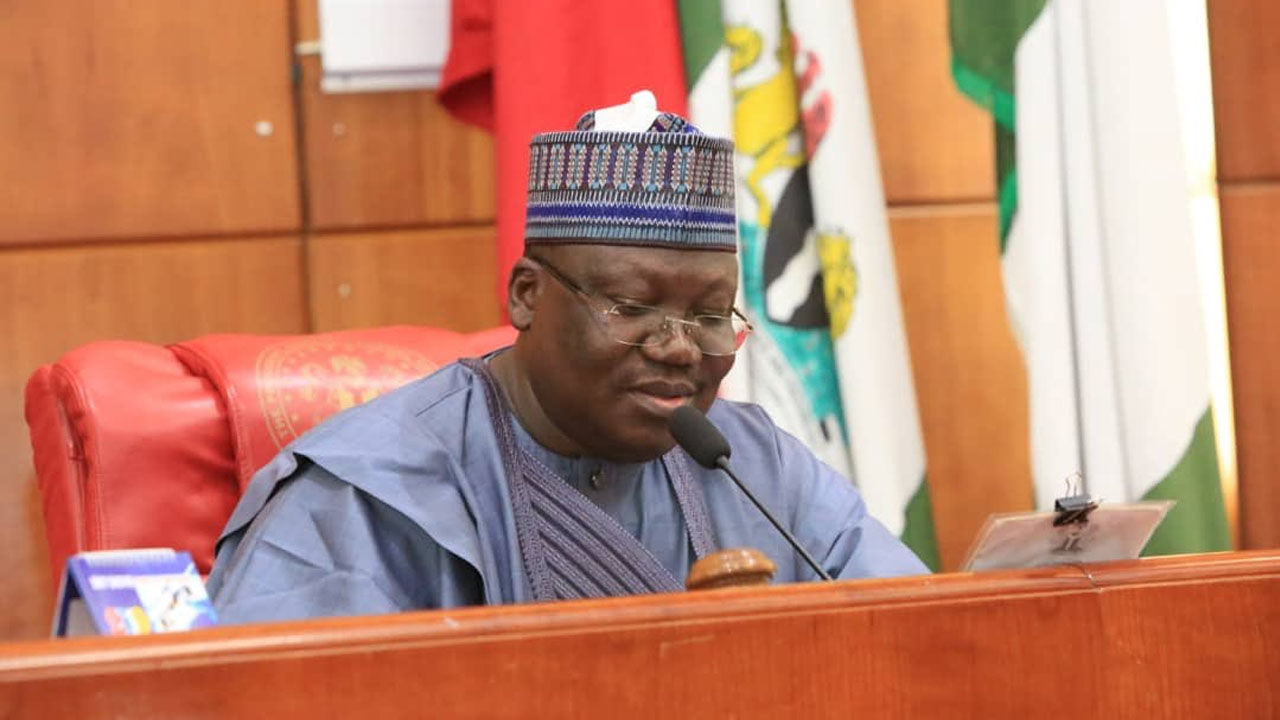
Chairman of the Independent National Electoral Commission (INEC), Prof. Mahmood Yakubu, has stated that those responsible for the annulment of the 1993 presidential election now regret their actions.
Yakubu stated this while praising the leadership of the late Professor Humphrey Nwosu, who served as the Chairman of the National Election Commission (now INEC) from 1989 to 1993.
The late NEC boss hailed from the Ajali community in Orumba North Local Government Area of Anambra State.
Speaking at the Afternoon of Tributes event held for the late professor on Monday, at INEC’s headquarters in Abuja, Yakubu said Nwosu’s leadership during the 1993 election, which saw Chief M.K.O. Abiola as the presumed winner, is now recognized as one of the most transparent and credible in Nigeria’s electoral history.
Former military Head of State, Ibrahim Babangida, had, during his official launch of his memoir, ‘A Journey in Service,’ in Abuja, expressed regret over the annulment of the June 12, 1993 presidential election, describing it as the most difficult period of his life.
Despite the annulment of the election by the then-military government, Yakubu noted that, with time, the 1993 election has come to be seen as a milestone in Nigeria’s democratic journey, and those responsible for its annulment have since expressed regret.
Noting that Nwosu introduced many innovations in election management, Yakubu said the late NEC boss laid the foundation for the independence of the Commission by initiating the current three-layer structure for the commission with offices at the national, state, and local government levels.
According to Yakubu, Nwosu also introduced a number of reforms to election management, especially the Open Ballot System, popularly referred to as Option A4, in which voters queued up behind the symbol of the party of their choice to vote and to be physically counted.
Yakubu said: “Professor Nwosu did his best, which was not always appreciated by many, including those who appointed him under an infinite transition from military rule to democracy, which ended in the annulment of the presidential election held in 1993, resulting in the dissolution of the electoral commission and the emergence of an interim government.
“However, with the passage of time, the outcome of his effort is now widely appreciated. The election is now celebrated as one of the best in Nigeria. Even those who annulled it have expressed regret.
“A quarter of a century (25 years) later, in June 2018, the presumed winner of the 1993 presidential election, Chief M.K.O. Abiola, received the highest national honour, the Grand Commander of the Federal Republic (GCFR), posthumously. His running mate, Ambassador Baba Gana Kingibe, was conferred with the second-highest national honour, the Grand Commander of the Order of the Niger (GCON). The date of the election (June 12th, 1993) has been gazetted as a national holiday and appropriately named Democracy Day.
“Sadly, the electoral commission that conducted the election, which was personified by Professor Nwosu, received only a muffled commendation as if no one conducted the election. Surely, the election did not conduct itself. It was organised by a commission made up of commissioners and a chairman. If it was an oversight that Professor Nwosu was not honoured in his lifetime, it is never too late for the appropriate authority to do so posthumously.”






